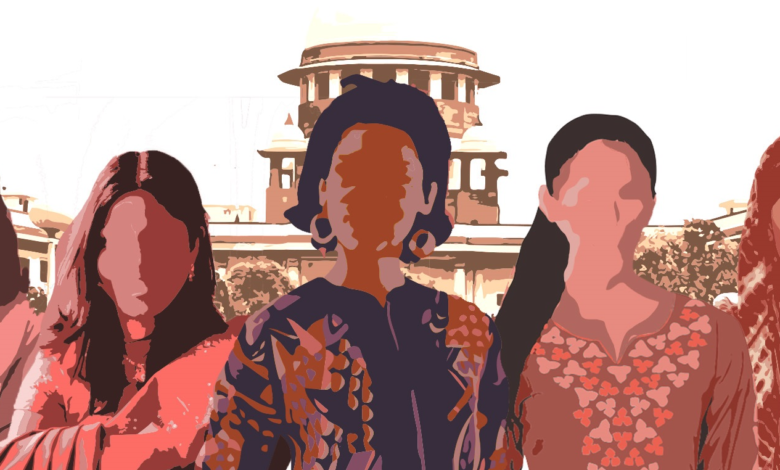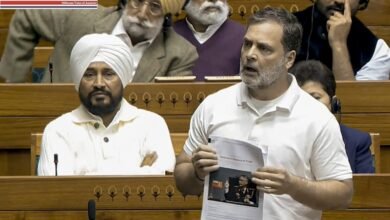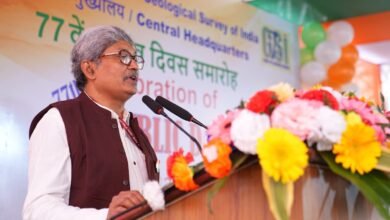Any Attempt To Create A Uniform Civil Code Must Prioritize Women Without Harming Other Genders

At the Jharkhand Judicial Academy, the Supreme Court justice was giving a speech on “WOMEN’S RIGHTS TO PROPERTY: ROAD TO EMPOWERMENT.”
According to Justice Nagarathna, the 2005 change to Section 6 of the 1956 Hindu Succession Act has resulted in an explosion of dockets from the civil court all the way up to the Supreme Court. That is encouraging. However, she would also advise women to resolve disputes if a resolution is available, whether through mediation or Lok Adalat, in order to restore family ties.
She emphasized that it is equally crucial for women to work hard to preserve the more refined feminine sensibilities of kindness and care. The more domestic facets of a woman’s life, such as marriage and family, must not be affected by a woman’s independence, whether it be financial or otherwise. She believed that women have the enormous biological potential for compassion, forgiveness, and sensitivity and that this ability must always be nurtured.
Justice Nagarathna continued, “The judge has mentioned all of this in the context of gender parity and for restoration of the unit of society, something that is quite specific to India as contrasted to anywhere else in the world.”
Male co-defendants should invite their sisters to partake in the property, according to Justice Nagarathna. The sisters are likely to say something along the lines of, “Let’s have a give-and-take and divide the father’s or mother’s possessions in the best feasible ways” out of care for their brothers rather than asking for that exact part. That is one strategy to prevent legal action and family disruption.
Securing a woman’s sense of self-worth, a woman’s right to decide her own course of action, a woman’s right to access opportunities in every field of endeavor and resources, including the right to own land and property, a woman’s right to have control over her life both inside and outside the home, subject, of course, to her obligations to her family and as a citizen of the country, and finally, a woman’s ability to exercise these rights.
Judge Nagarathna continued, “Any effort to create a single civil code must take care to prioritize women’s rights without harming people of other genders. In India, this would result in gender parity. Women’s empowerment is undoubtedly important, but ultimately, we should aim for gender parity rather than merely women-centric policies. The most crucial aspect of a thriving society is gender parity.”
News Mania Desk






